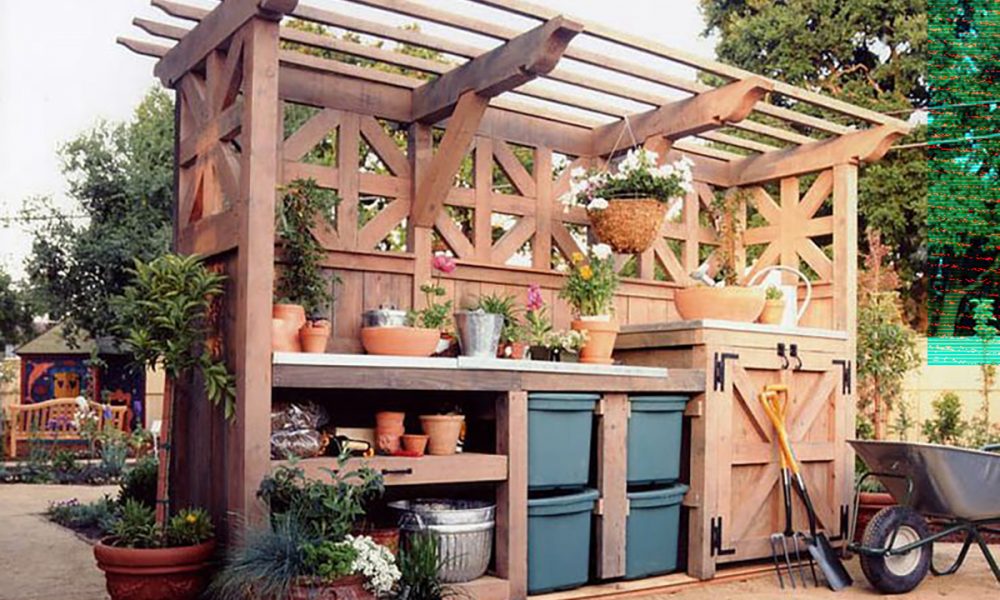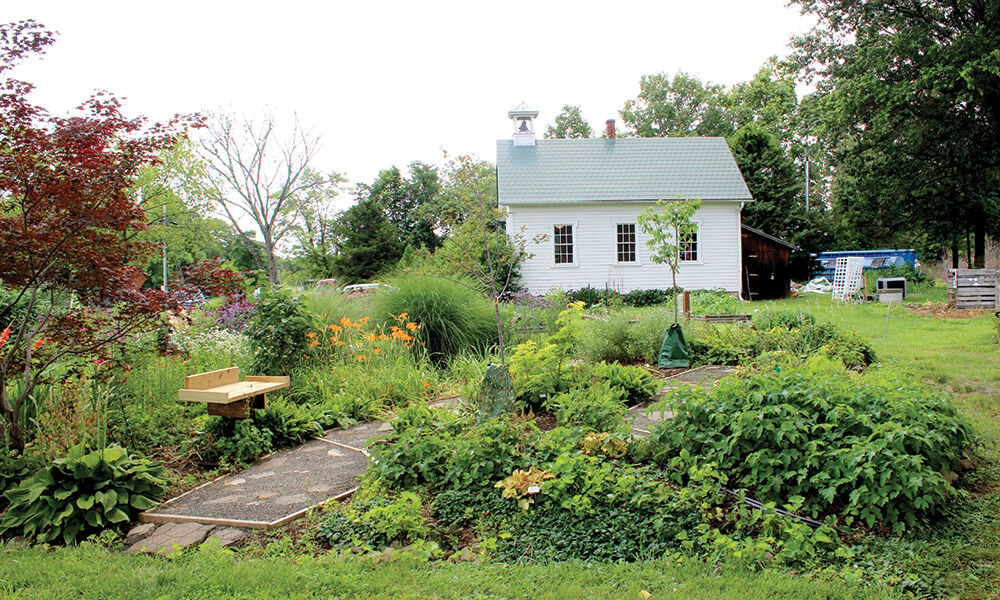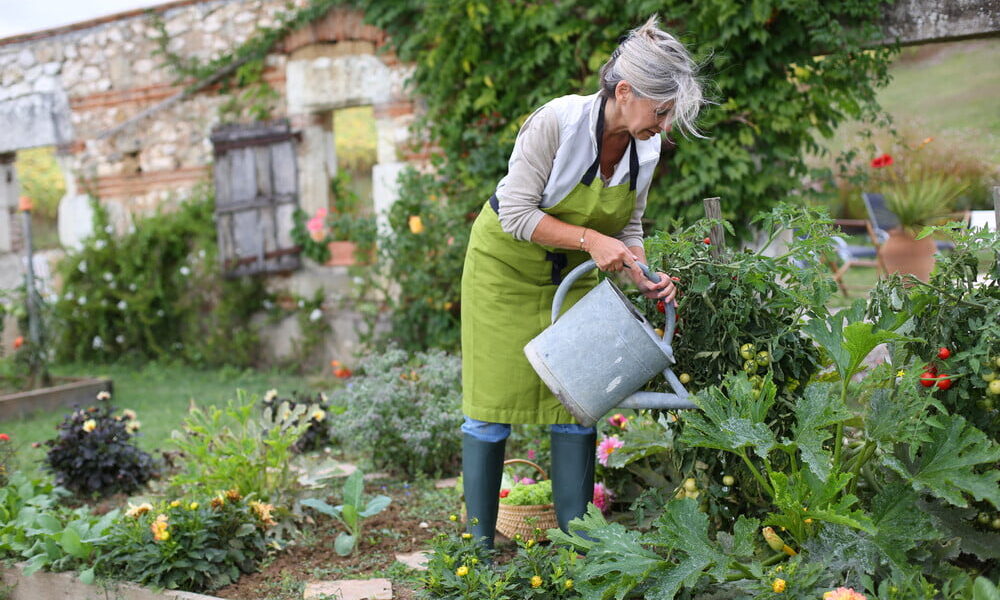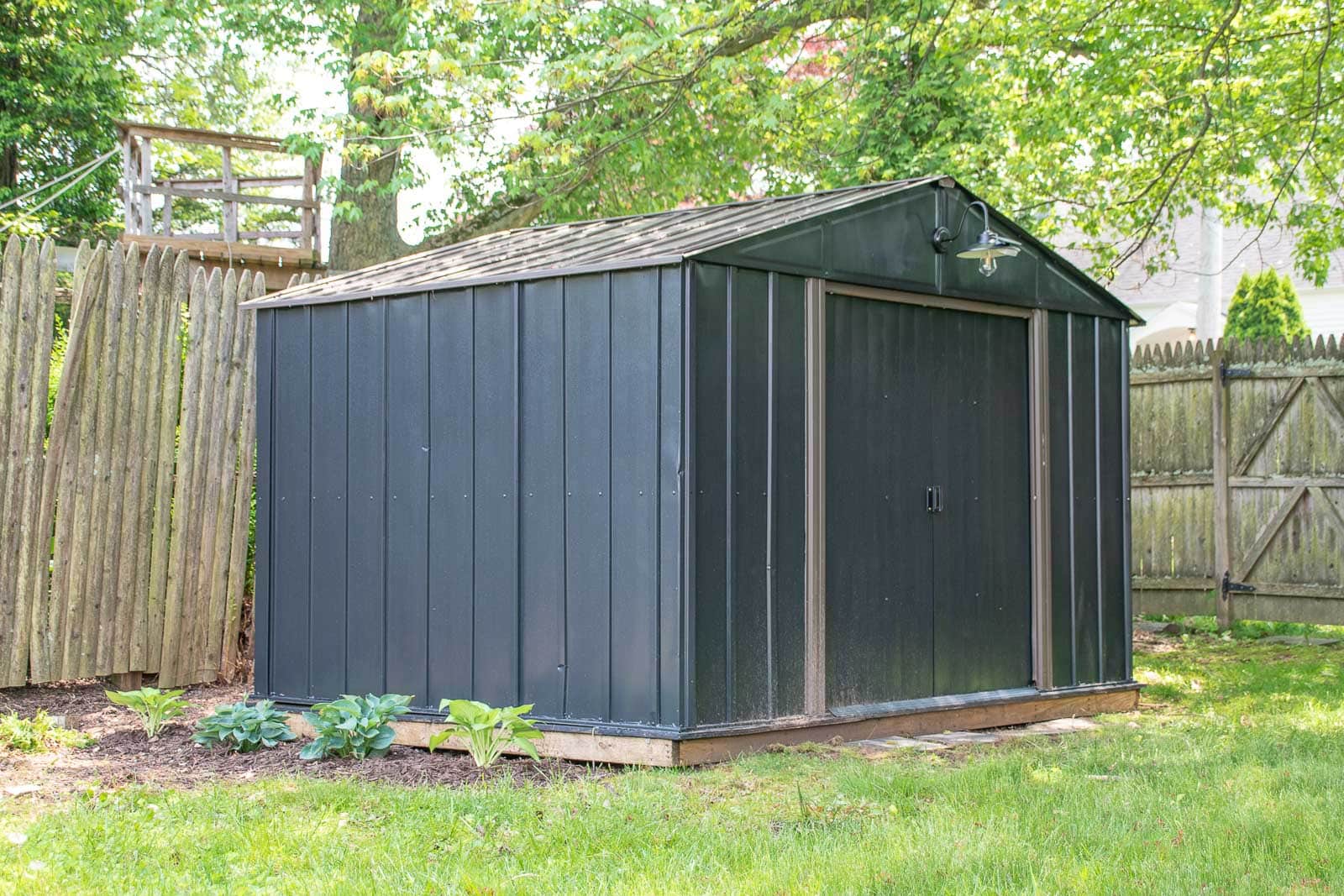Composting is the process of breaking down organic materials into a nutrient-rich soil amendment that can be used to improve soil quality and increase plant growth. It is a simple and cost-effective way to recycle food scraps, yard waste, and other organic materials that would otherwise end up in a landfill.
The Benefits of Composting
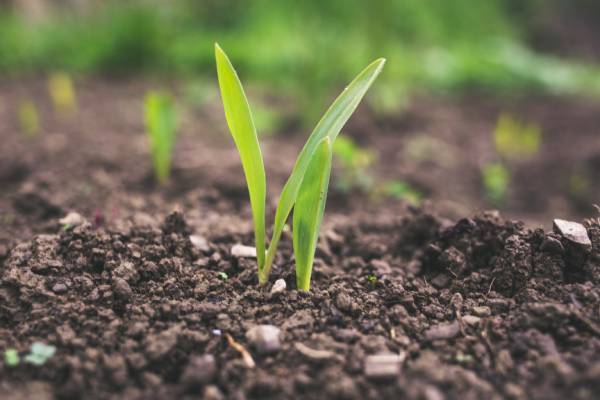
Composting has numerous benefits for both the environment and your garden:
- Reduces landfill waste: Composting diverts organic waste from landfills, reducing greenhouse gas emissions and the amount of space needed for waste disposal.
- Improves soil quality: Compost adds nutrients, improves soil structure, and increases water retention, which can lead to healthier plants and higher yields.
- Reduces the need for chemical fertilizers: Compost is a natural fertilizer that provides plants with the nutrients they need to grow, reducing the need for synthetic fertilizers.
- Encourages beneficial microorganisms: Composting encourages the growth of beneficial microorganisms, which can help suppress harmful pathogens and pests.
The Science Behind Composting
Composting is a natural process that occurs when microorganisms break down organic materials. The process requires three key ingredients:
- Brown materials: These are high-carbon materials, such as dried leaves, straw, and twigs, that provide the energy source for the microorganisms.
- Green materials: These are high-nitrogen materials, such as food scraps, grass clippings, and manure, that provide the protein source for the microorganisms.
- Water: Moisture is necessary to keep the microorganisms active and to facilitate the breakdown of organic materials.
When these three ingredients are combined in the right ratio, the microorganisms begin to break down the organic materials, producing heat, carbon dioxide, and water. As the microorganisms consume the organic materials, they produce a dark, crumbly substance known as compost.
How to Compost at Home
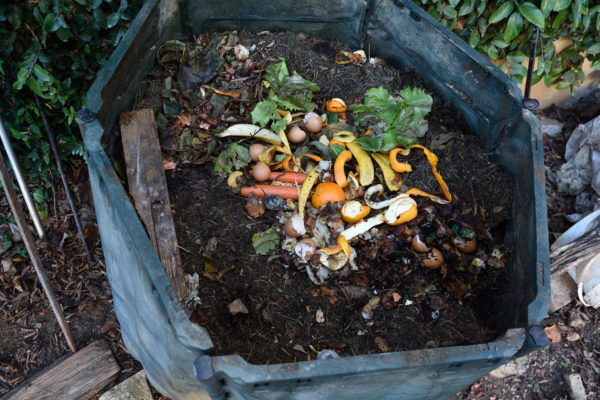
Composting at home is easy and requires minimal equipment. Here’s how to get started:
- Choose a compost bin: You can purchase a compost bin or make your own using materials such as wire mesh, wooden pallets, or cinder blocks.
- Add brown and green materials: Layer brown and green materials in your compost bin, starting with a layer of brown materials at the bottom.
- Add water: Water the compost pile to ensure it stays moist.
- Mix the compost: Use a pitchfork or shovel to mix the compost every few weeks, ensuring that the materials are well-mixed and aerated.
- Harvest the compost: When the compost is dark, crumbly, and has a earthy smell, it is ready to use in your garden.
By following these simple steps, you can turn your kitchen scraps and yard waste into a valuable resource for your garden. Composting is an easy and effective way to reduce waste, improve soil quality, and promote healthy plant growth.


